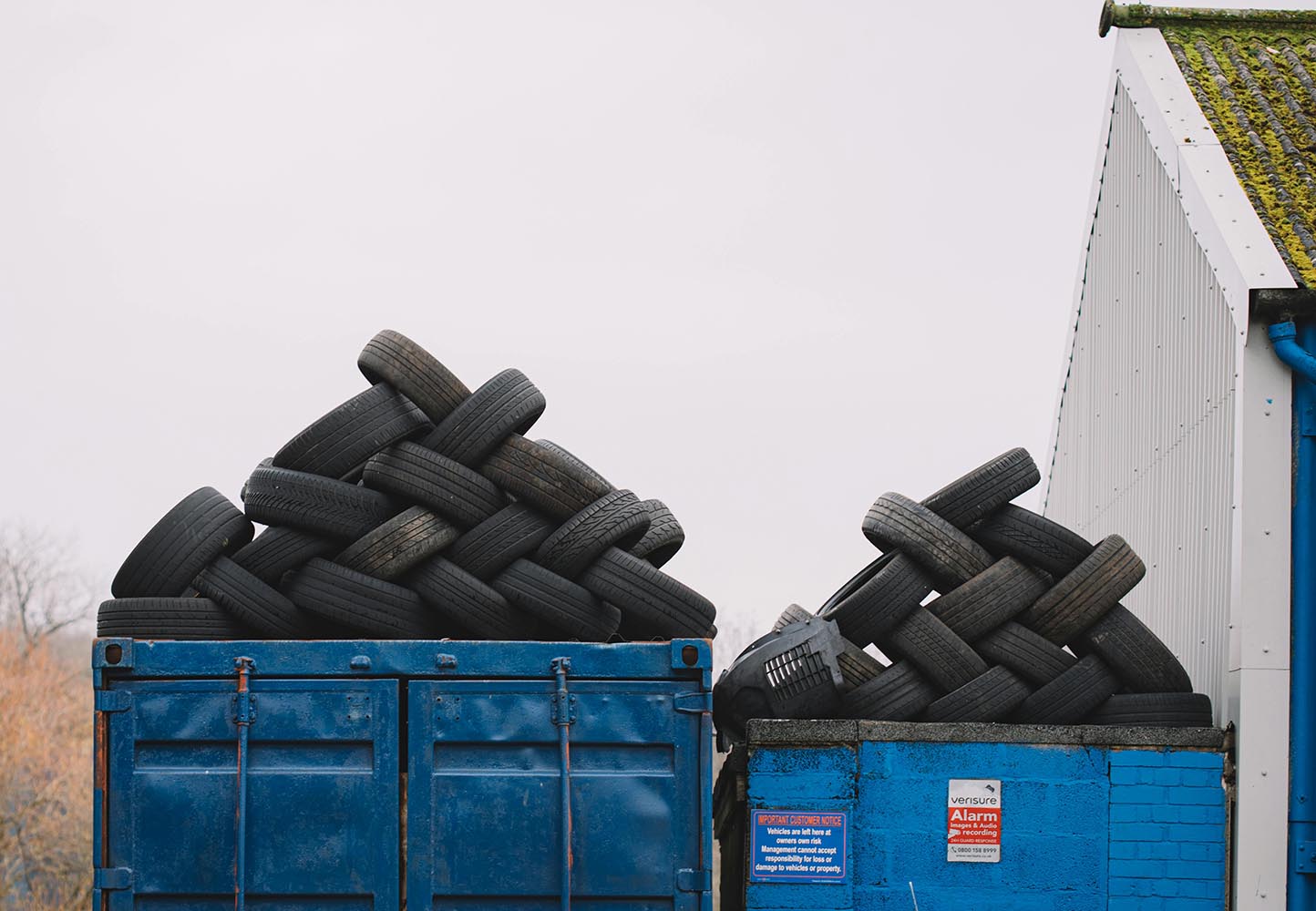
Neste advances recycling with pyrolysis oil from tires
Neste Corporation, a leader in renewable and sustainable resources, has successfully completed its first trial processing pyrolysis oil derived from discarded tires at its refinery in Porvoo, Finland. This innovative approach not only advances the potential of chemical recycling beyond plastics but also introduces a sustainable path for tire disposal.
The processed pyrolysis oil, sourced from Scandinavian Enviro Systems, a Swedish technology developer, was transformed into high-quality raw materials suitable for the production of new plastics and chemicals. Typically, discarded tires present a significant recycling challenge due to their complex material mix, often ending up in landfills or incineration. Scandinavian Enviro Systems’ technology addresses this challenge by extracting valuable materials like carbon black and oil from end-of-life tires, presenting a viable recycling solution.
“The beauty of chemical recycling is that it can process hard-to-recycle plastic waste. But it’s not limited to that,” says Andreas Teir, who is in charge of Neste’s raw materials supply for chemical recycling. He says the technology has broader implications. “With discarded tires currently often facing a fate similar to plastic waste, we consider chemical recycling a valid addition when it comes to changing the linear life cycle of tires into a circular one. Thanks to our supplier Enviro Systems, we were able to prove that with our recent processing run.”
This project marks a significant step for Neste, which has previously conducted successful processing runs with liquefied waste plastic. These successes have led to a substantial investment in large-scale chemical recycling facilities at the Porvoo site, slated for completion in 2025. This facility aims to process 150,000 tons of liquefied waste plastic annually as part of Project PULSE, backed by the European Union through the EU Innovation Fund.
Neste’s efforts align with its broader mission to combat climate change and promote a circular economy. The company is the world’s leading producer of sustainable aviation fuel and renewable diesel. It aims to reduce greenhouse gas emissions by at least 20 million tons annually by 2030, reach carbon-neutral production by 2035, and halve the carbon emission intensity of its sold products by 2040.
Scandinavian Enviro Systems, supported by major stakeholders like French tire manufacturer Michelin, continues to enhance environmental and economic sustainability with its patented technology. Their efforts significantly reduce carbon dioxide emissions, especially in tire production, by utilising recovered carbon black instead of virgin materials.











